Audio
Lonestar Makoni - Breaking Barriers Disability Services
Ablequest by
2RPH3 seasons
31 May 2024
14 mins
An award-winning Central Coast NSW disability service shares its successful strategies.

Ablequest is a series of 15 minute programs which examines developments in assistive technology and initiatives for those people living with a wide range of disabilities. Presented by Barbara Sullivan, Marni Roper and Elaine Wziontek.
This episode:
Lonestar Makoni, founder and CEO of Breaking Barriers Disability Service at Wyong on the Central Coast is the winner of Most Outstanding CEO/Director in the 2023 Australian Disability Awards.
Elaine Wziontek asked him about his management style, his background and his philosophy of matching rather than allocating staff with clients.
Original broadcast date: 31.05.24
Speaker 1 00:03
With information on the latest developments in assistive technology and initiatives, from the studios of two RPH in Sydney, RPH Australia brings you AbleQuest. Hello, I'm Manny Roper. Today's guest is Lone star Makoni, founder and CEO of Breaking Barriers Disability Service at Wyong on the Central Coast of New South Wales.
Originally from Zimbabwe, Lone Star worked in his father's business in farming and retail. He followed his family to Australia and worked as a chef for eight years before being drawn to the disability sector. That was 17 years ago and now he heads up the Breaking Barriers Disability Service with more than 150 staff who offer travel and transport assistance for people with disabilities. The service also offers community nursing and help with daily living skills at home and in the community. Lonestar was recently honoured as most outstanding CEO-director in the 2023 Australian Disability Awards.
Elaine Wziontek asked him about the award and his management style of working alongside employees. They also talked about his person-centred approach of matching rather than allocating staff with clients to encourage them on their journeys. Lonestar believes this is the best way to involve and support users of the service to make the best match possible for both them and members of the Breaking Barriers team.
Speaker 2 01:49
[.... on] the Program, Lonestar.
Speaker 3 01:51
Oh, thank you so much for having me.
Speaker 2 01:54
[?], can you tell me about the award and what it means to you and your organisation?
Speaker 3 02:01
It means a lot for me and the organisation and everyone contributed for us to be where we are.
Speaker 2 02:10
So your organisation [?] called Breaking Barriers Disability Service.
Speaker 3 02:18
There are a lot of barriers, for example, I originally am from Zimbabwe.
Speaker 2 02:23
Mm-hmm.
Speaker 3 02:24
If I talk about people with disabilities, they don't have NDIS, they are on their own to make sure that they look after their children, often the members with disabilities. So as I kept Australia in the sort of thing before I worked as a chef, then I decided to change into moving to the disability industry. I want to be able to make a difference. I want to do something that, you know, even when I'm long gone, I will be remembered. In the respect of barriers, we will not only help people with disabilities, we also help people in the community, we also help people in these crews.
So we are trying to integrate people with disabilities and even age people and single mothers or single parents to just help everyone to be able to achieve whatever they want to achieve.
Speaker 2 03:23
That's terrific. So you provide services on the central coast, is it community nursing and daily tasks?
Speaker 3 03:33
So we do support as independent living, community nursing, daily tasks, community access. We do support coordination. We do community transport.
Speaker 2 03:41
So I understand that you match rather than allocate.
Speaker 3 03:47
Yes, philosophy. When we get a new participant, we go meet the person first, and then when we meet the person, we see what sort of a person they are. And then we try to look for people from our staff with similarities or we share the same common, for example, someone that likes soccer or rugby. There's no need of me putting a staff member who doesn't like rugby to work with someone who is more into rugby because it's all about interacting with our participants. So we try to make that. What we do, we get those people to go and meet the clients.
And then when they meet the clients, the clients after they meet with those few individuals, and then the participants usually come to us and say, look, I like the A, B, and C. And then that's when we start building our supports from, because also the things that we have been trying, just like you and me, I don't want a stranger every day in my house, a different person every day in my house. I don't want different faces every day. I'd like to have that consistency. So that's why we try to do that.
Speaker 2 04:56
So it's like getting a relationship with somebody and that you feel comfortable with, a carer feeling comfortable with the client.
Speaker 3 05:02
Yes, it has to be both ways where the carer is comfortable and also the participant is comfortable with the carer because we don't want people to be awkward.
Speaker 2 05:12
As well as the caring, the matching, your website says there's a focus on leveraging technology to revolutionise the way disability services are delivered. Can you give us some examples of that, how that works in overcoming limitations?
Speaker 3 05:29
Look, we have been working with some OTs where by, for example, we've got some participants who are non-verbal. So they see this technology like in iPad, which is where they can help them to interact. We've got OTs in speech pathologies. They come with these lovely daily planners, like both, that they put in the houses, that the participants, they can use to express what they want and how they want their routines to be like. And we've got OTs that makes our jobs easier to, and protects the staff and also the participants. So, when you're transferring them, if you're including a wheelchair, an electric wheelchair, these things have been helping the participants to be able to be independent.
If they want to move, of course, somewhere for, sometimes if you don't need people to be pushing you around, you just need your own space. If it's an electric wheelchair, you're going to just go by yourself and you don't just get a bit of stress.
Speaker 2 06:23
So where you can use technology, you can. Yes. So make people more independent.
Speaker 3 06:31
Exactly, yes.
Speaker 2 06:32
I'd like to know a little bit more about your background. I understand you were born in Zimbabwe and you worked in your father's business. What was that?
Speaker 3 06:41
Oh, yes, so my father had a farm, he's called a farm, or he's passed, no? So he had a farm, he had some Photoshop, some packets, and a bunch of other businessmen.
Speaker 2 06:51
So your father had bottle shops and did you see...
Speaker 3 06:53
Say butchers. Butchers in supermarkets. So he was a businessman.
Speaker 2 06:59
And you've been a DJ and a chef as well.
Speaker 3 07:03
DJ is something that I like to do. I like to work, it's something that I like music so, yeah.
Speaker 2 07:10
And what kind of chef were you?
Speaker 3 07:14
In [?those terms].
Speaker 2 07:15
Mm-hmm.
Speaker 3 07:15
I worked at a German restaurant, I think, in Central Coast, there's one called Bavarian Beer Cafe, but I used to work at the rock restaurant, and then I worked at [?] Menly Leagues Club in Warrington.
Speaker 2 07:31
Yes, yes.
Speaker 3 07:35
There was a restaurant there which I used to cook in and work here on the course for the RSL.
Speaker 2 07:45
And then you changed your mind, you decided on a different career.
Speaker 3 07:50
As I said, something that, by me, even going back home, seeing God's family members directly is a disability. So it was something that I really wanted to get into, to be able to help.
Speaker 2 08:07
And were you able to use the experience of being a chef and working for your father? Have you drawn on that experience in managing people in your team?
Speaker 3 08:16
Yes, as you know it's difficult to manage stuff but I think that experience that I got from my father since I was a kid.
Speaker 2 08:26
Mmm.
Speaker 3 08:26
It has helped me with my people skills, I believe, where I don't ask staff to do something that I'm not going, I'm not willing to do. Up to now, I still go and work on the floor to the support worker.
Speaker 2 08:40
You're still working as a support worker, huh?
Speaker 3 08:42
Yes, yesterday I actually did a shift to where I went and picked up a participant from [?] CREIH and you know, so I was still to work on the floor. Whenever they need I'll always put my hand up and my staff actually they will roast at me sometimes not even telling me they'll just send me to say look you've got a shift at this time and then I'll just accept and say yep I'll go do it.
Speaker 2 09:04
So what kind of a boss do you think you are? What would your team members say?
Speaker 3 09:08
they all say that, I mean, I've got an open door policy where I am not a detector. I get them to come in and come up with ideas and work together. Sometimes, you know, people come with ideas and then sometimes they might. I might be a local. I don't think at the moment we are in a position to do that, but I do try by all means to listen to them whenever they've got any situations or issues.
Speaker 2 09:33
Does your role as a CEO involve what kinds of things do you do in a week?
Speaker 3 09:38
So pretty much like I've been an open door policy, I have to be, I have to be able to manage conflict and I have to be able, I have to be a good listener. So staff, they might come with personal or family or work issues. I don't discuss them and say, look, I'm busy off you go. And even staff, if someone is struggling to do their job, I'm always there to help them. They know they can come to me and ask for help. They're not going to be scared to say, oh, he's going to say, why am I paying you for that? He's going to do this for you. So I am someone who is always with...
Speaker 2 10:15
So how many staff and how many clients do you have, roughly?
Speaker 3 10:21
At the moment, I'm not mistaken, we have about 150 staff, and then in terms of clients, which I think we are on the eventual 80 staff members who participate for the 150 staff and then I think that was...
Speaker 2 10:34
80 people and some of them young and some of them old. Can you tell us a little bit about the clients?
Speaker 3 10:42
We've got some who are young, who are still at school, and then we've got some who are like in their mid 30s or 40s, and then we've got some who are like 60s. And then we've got some who are like teenagers. So we've got a variety.
Speaker 2 10:57
And how do you help the teenagers?
Speaker 3 11:00
I look like we do, for example, one of my senior team leader, he was a PE teacher at high school, and he used to do senior, yes, especially if they're boys, he was good with them, and then of course my service manager, she used to be a chef. She's good, some of the girls are like cooking, even the boys, they're like cooking, so we do certain things like a day though we can say, okay, we're gonna do a barbecue, we're gonna do some mix on sushi. So we do sort of like programs to try to help and integrate them to make sure that they're also having fun.
Speaker 2 11:33
These children that are homeless or are they just come from families that are broken down or...?
Speaker 3 11:39
So some of them, they will be either the family they've broken down, so some of them they end up going into our steel houses, so we look after them 24 hours every day now on some of our group homes, and then some of them they'll come in, they'll do a respite where they'll come in, be with us for like a week or so, and then go back home to the same of breaking if the families are bad.
Speaker 2 12:02
I see. And I understand you came from Zimbabwe with your wife or did you meet her here?
Speaker 3
I met her here.
Speaker 2
Ah, does she work with you in disability or something different?
Speaker 3 12:12
She does, she works at Bayon Hospital, she's a regular nurse, but she also helps us, she also works at the company.
Speaker 2 12:21
And her name is is it revimbo?
Speaker 3
Correct, yeah.
Speaker 2
Yeah, okay, I saw a nice photograph of you when you... were at the awards - were you surprised that you were nominated for this award?
Speaker 3 12:32
I was surprised. I didn't even know about that until I got an email.
Speaker 2 12:37
If somebody wants to find out more about Breaking Barriers Disability Service at Wyong, where can they find out more?
Speaker 3 12:45
So again, we've got our website so if they go on www.breakingbarriers.com, they will be able to open our website and they [?] site. There is access to referrals. If they want to see or support, or even if they're looking for work, there will be also those opportunities.
Speaker 2 13:06
So it's www.breakingbarriers.com. Well, once again, congratulations on the award and thank you for giving up your time to talk to us.
Speaker 3 13:19
Thank you so much. Thank you so much.
Speaker 2 13:21
Okay, bye. And that was Lonestar akoni, founder and CEO of Breaking Barriers Disability Service at Wyong on the Central Coast. Lonestar was recently honoured as most outstanding CEO director in the 2023 Australian Disability Awards.
Speaker 1 13:44
With information on the latest developments in assistive technology and initiatives, from the studios of 2RPH in Sydney, RPH Australia brings you Ablequest.
Continue listening

Blind Sports Australia CEO Matt Clayton speaks about its work with blind and vision impaired athletes across 21 sports.
Matt Clayton - Blind Sports Australia
Ablequest by 2RPH
5/5/2023
•13 mins
Audio

Vivid, Sydney's celebration of creativity, seen from a disability access focus by its director.
Gill Minervini - Vivid
Ablequest by 2RPH
19/5/2023
•14 mins
Audio

This program discusses dance movement therapy and how it works - featuring Cecilia King of the Dance Therapy Association.
Cecilia King - Dance Therapy
Ablequest by 2RPH
14 mins
Audio

What are the challenges of providing audio description on Oz TV? Hear Lauren Henley, Aust Federation of Disability Organisations.
Lauren Henley - Audio Description
Ablequest by 2RPH
16/6/2023
•14 mins
Audio

In Part 1 of a 2RPH interview, assistive tech expert David Woodbridge explores latest innovations to make everyday life easier.
David Woodbridge - Tech Update Part 1
Ablequest by 2RPH
30/6/2023
•14 mins
Audio

Features Robert Duff-Silsby of Luddi, Perth company developing assistive devices for all people and bodies.
Robert Duff-Silsby - Sexual Wellbeing
Ablequest by 2RPH
13 mins
Audio

In Part 2 of this conversation with 2RPH's Ablequest, expert David Woodbridge reviews latest assistive technologies.
David Woodbridge - Tech Update Part 2
Ablequest by 2RPH
28/7/2023
•14 mins
Audio

Matt Clayton of Blind Sports Australia and the Oz team's Chef de Mission, discusses the forthcoming World Blind Games in the UK.
Matt Clayton - World Blind Games
Ablequest by 2RPH
11/8/2023
•13 mins
Audio

Prof Kim Marriott of the Monash Assistive Technology and Society Centre, talks about the purpose and work of the Centre.
Kim Marriott - Monash Assistive Technology and Society Centre
Ablequest by 2RPH
25/8/2023
•13 mins
Audio

Ablequest features an interview with Serena Ovens, new CEO of Assistive Technology Supplies Australia or "ATSA".
Serena Ovens - Assistive Technology Supplies Australia
Ablequest by 2RPH
14 mins
Audio

Part 1 of an interview on the voice-activated app, Bindi Maps.
Anna Wright - Bindi Maps (Part 1)
Ablequest by 2RPH
14 mins
Audio

This is Part 2 of an interview with Dr Anna Wright, explaining how Bindi Maps works.
Anna Wright - Bindi Maps (Part 2)
Ablequest by 2RPH
14 mins
Audio

Artist Ebony Wightman of disability-led We Are Studios talks about art and challenge.
Ebony Wightman - We Are Studios
Ablequest by 2RPH
20/10/2023
•13 mins
Audio

Prof. Leeanne Carey discusses the SENSe program, her team's world-first therapy to help stroke survivors.
Leeanne Carey - SENSe Therapy
Ablequest by 2RPH
2/11/2023
•13 mins
Audio

Youthworks Accessibility Minister Bec Baines talks of making church accessible to young people with disabilities.
Bec Baines - Youth and Worship
Ablequest by 2RPH
16/11/2023
•14 mins
Audio

Nikki Hind, Australia's first blind fashion designer, discusses her work.
Nikki Hind: Blind Grit
Ablequest by 2RPH
1 December 2023
•14 mins
Audio

Dr Dimity Williams, family GP, recommends spending more time in nature - and a "green hour" each day.
Green Hour: Dr Dimity Williams
Ablequest by 2RPH
5 December 2023
•14 mins
Audio

Imagine sitting in a wheelchair for hours, being unable to move your fingers or arm to do simple things like pick up a glass.
Konstanze Hager - Bateo
Ablequest by 2RPH
Konstanze Hager - Bateo
•14 mins
Audio

Action Audio is a new language being created to transcend sport.
Machar Reid - Action Audio
Ablequest by 2RPH
Machar Reid - Action Audio
•14 mins
Audio

What a difference one person with experience, passion and energy can make to many lives.
Julie Ross-Edwards - Head High
Ablequest by 2RPH
Julie Ross-Edwards - Head High
•14 mins
Audio

Driver educator outlines what's needed for a person with disability to get a driver's licence.
Ronak Shah: on-road driving education
Ablequest by 2RPH
12 January 2024
•14 mins
Audio

Vision Australia's Christo Sarantakis talks of his life, blindness and assistive tech changes.
Christo Sarantakis of Vision Australia
Ablequest by 2RPH
26 January 2024
•14 mins
Audio

Introducing Australia's first pictureless feature film, TOUCH, showing in Sydney.
Majella Knobel: "Touch" - open air movie
Ablequest by 2RPH
9 February 2024
•14 mins
Audio

An expert discusses the use of horticultural therapy for people with disabilities.
Steven Wells: horticultural therapy
Ablequest by 2RPH
23 February 2024
•14 mins
Audio

Features articles on latest blind-assistive tech including a new bus app and smart ear buds.
Assistive tech news catchup
Ablequest by 2RPH
8 March 2024
•14 mins
Audio

Features an innovative hospitality industry training program for people with disabilities.
Saraya O'Connell - Hotel Etico Independence Program
Ablequest by 2RPH
22 March 2024
•14 mins
Audio

Guests discuss the Obi robotic dining assistant for people with upper arm disabilities.
Hugh Kingley and Rachel Dekkar: Obi
Ablequest by 2RPH
19 April 2024
•14 mins
Audio

A spy-themed computer program tackles the mystery of social encounters - outlined by its company's CEO.
Kathleen Davey - Social Science Translated
Ablequest by 2RPH
3 May 2024
•14 mins
Audio

A Sydney organisation delivers creative arts and life skills to people with disabilities.
ChoppA Green - Studio Artes
Ablequest by 2RPH
17 May 2024
•14 mins
Audio

An award-winning Central Coast NSW disability service shares its successful strategies.
Lonestar Makoni - Breaking Barriers Disability Services
Ablequest by 2RPH
31 May 2024
•14 mins
Audio

Part 1 of a conversation with an Australian neuroscience research pioneer about benefits of music in brain injury recovery.
Professor Sarah Wilson (part 1)
Ablequest by 2RPH
14 June 2024
•14 mins
Audio

Part 2 of a conversation with a leading neuroscientist of benefits of music in brain injury recovery.
Professor Sarah Wilson (part 2)
Ablequest by 2RPH
28 June 2024
•14 mins
Audio

A CEO talks about his company's award-winning assistive physical therapy device.
Justin Keenan - LusioMate
Ablequest by 2RPH
12 July 2024
•14 mins
Audio

Information about a program teaching good cyber-security practices to make daily life safer.
Jess Wilson: Be Connected
Ablequest by 2RPH
26 July 2024
•14 mins
Audio

A veteran print disability broadcaster with macular degeneration shares her experiences.
Teresa Plane - 2RPH
Ablequest by 2RPH
9 August 2024
•14 mins
Audio

The founder of a blind-assistive technology company shares latest developments.
Peter Ford - Control Bionics (part 1)
Ablequest by 2RPH
6 September 2024
•14 mins
Audio

Part 2 of an interview with the head of an innovative blind-assistive technology company.
Peter Ford - Control Bionics (part 2)
Ablequest by 2RPH
20 September 2024
•13 mins
Audio

Looks at a project to better inform refugee and migrant women on AI.
Good Things - Jess Wilson
Ablequest by 2RPH
4 October 2024
•14 mins
Audio

An expert with lived experience corrects some widespread misconceptions about stuttering.
Dale Williams - Stuttering Awareness Day
Ablequest by 2RPH
18 October 2024
•14 mins
Audio

An inventor discusses his an innovative cane tip to help people with blindness or low vision.
Peter Rickards - Sensaball
Ablequest by 2RPH
15 November 2024
•13 mins
Audio

Part 1 of an interview with an Australian expert on low-vision-assistive technology, on AI and other developments.
David Woodbridge (part 1)
Ablequest by 2RPH
29/11/2024
•14 mins
Audio

Conclusion of an interview with a leading Australian expert on blind-assistive technology.
David Woodbridge (part 2)
Ablequest by 2RPH
13 December 2024
•14 mins
Audio

Looks at the leading stroke treatment work of the Royal Rehabilitation Hospital, Ryde NSW.
Jason Redhead and Graham Cooper of Royal Rehab Ryde
Ablequest by 2RPH
10 January 2025
•14 mins
Audio

An innovative social media platform aims to address isolation and loneliness in the disability community.
Steve Bear - Alvie
Ablequest by 2RPH
7 February 2025
•12 mins
Audio

Australia's largest provider of Auslan sign services outlines its important work.
Brett Casey - Deaf Connect
Ablequest by 2RPH
21 February 2025
•14 mins
Audio

Looks at an Australian organisation's work at helping men seek help and build self-awareness.
Tommy Herschell - Find Ya Feet
Ablequest by 2RPH
7 March 2025
•14 mins
Audio

A speech pathoplogist discusses her work with young people's complex communication needs.
Denise West - Scope
Ablequest by 2RPH
21 March 2025
•14 mins
Audio

A vision-impaired disability rights advocate talks of her work and learning podcast skills.
Freya Wolf
Ablequest by 2RPH
4 April 2025
•14 mins
Audio

A leading Australian eye researcher talks of his team's work in creating new hope for people with retinal damage.
Raymond Wong - Centre for Eye Research Australia
Ablequest by 2RPH
18 April 2025
•14 mins
Audio

A wheelchair-using business owner, facilitator and car rally driver shares experiences and insights.
Mel Harrison - Sitting Low, Reaching High
Ablequest by 2RPH
2 May 2025
•13 mins
Audio

Disability Pride Month in July promotes awareness about people with disability and also celebrates individuals with disability.
Hannah Solomons - Sydney Disability Pride
Ablequest by 2RPH
Hannah Solomons - Sydney Disability Pride
•14 mins
Audio

Deb Roach is a three-time pole dancing world champion yet she has only one arm.
Deb Roach
Ablequest by 2RPH
Deb Roach
•13 mins
Audio
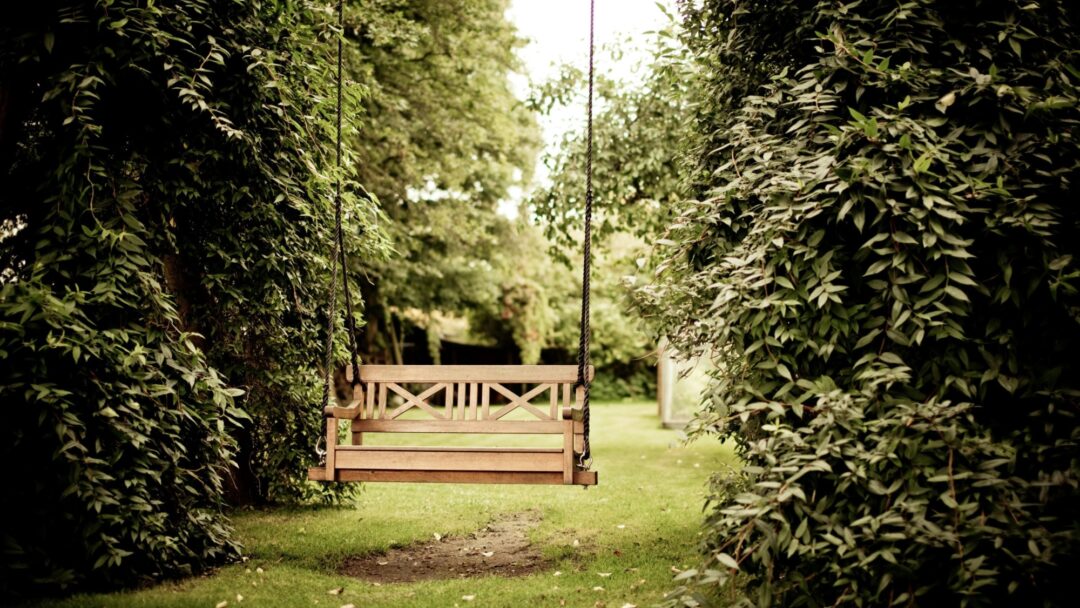
Being in nature is good for you whether it is being in the garden or walking along the beach.
Kayte Kitchen - Admirari Nature Therapy
Ablequest by 2RPH
Kayte Kitchen - Admirari Nature Therapy
•14 mins
Audio

Music can evoke emotions that bring back memories and the same is true for people living with dementia.
Zara Thompson - Music Therapy
Ablequest by 2RPH
Zara Thompson - Music Therapy
•14 mins
Audio
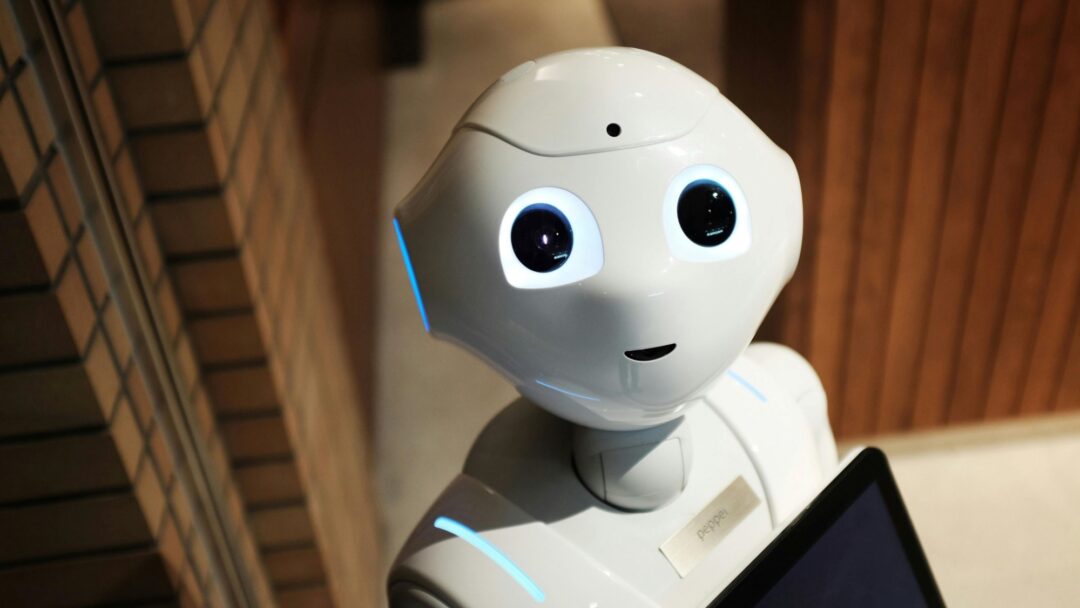
Laura Boccanfuso is founder and CEO of Van Robotics, a social robotics company based in South Carolina in the United States.
Laura Boccanfuso - Van Robotics
Ablequest by 2RPH
Laura Boccanfuso - Van Robotics
•14 mins
Audio
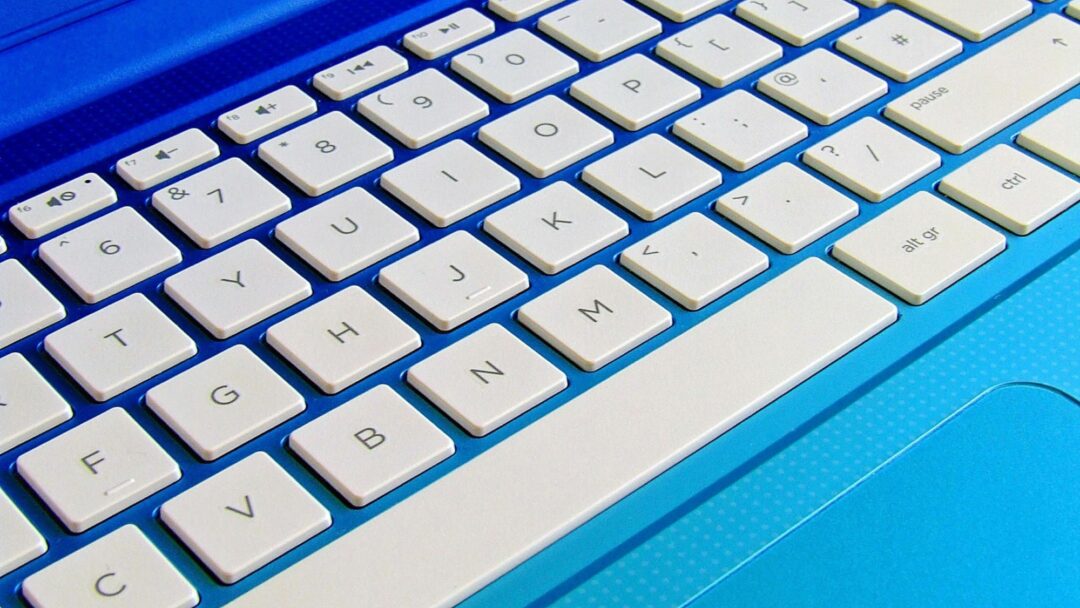
Two years ago Maggie O'Connell, in her mid 20's never had a full time job.
Maggie O'Connell - AFP
Ablequest by 2RPH
Maggie O'Connell - AFP
•14 mins
Audio
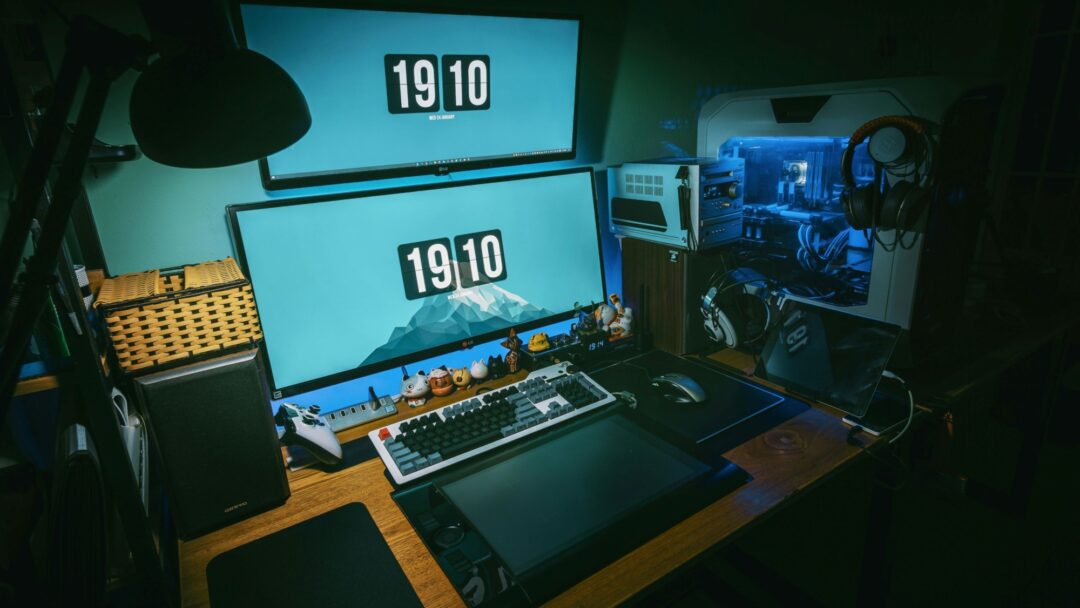
Julie Ross-Edwards, founder of Head High Disability Services, returns to Ablequest to speak more about Head High's philosophy and special approach.
Head High (Update)
Ablequest by 2RPH
Head High (Update)
•13 mins
Audio
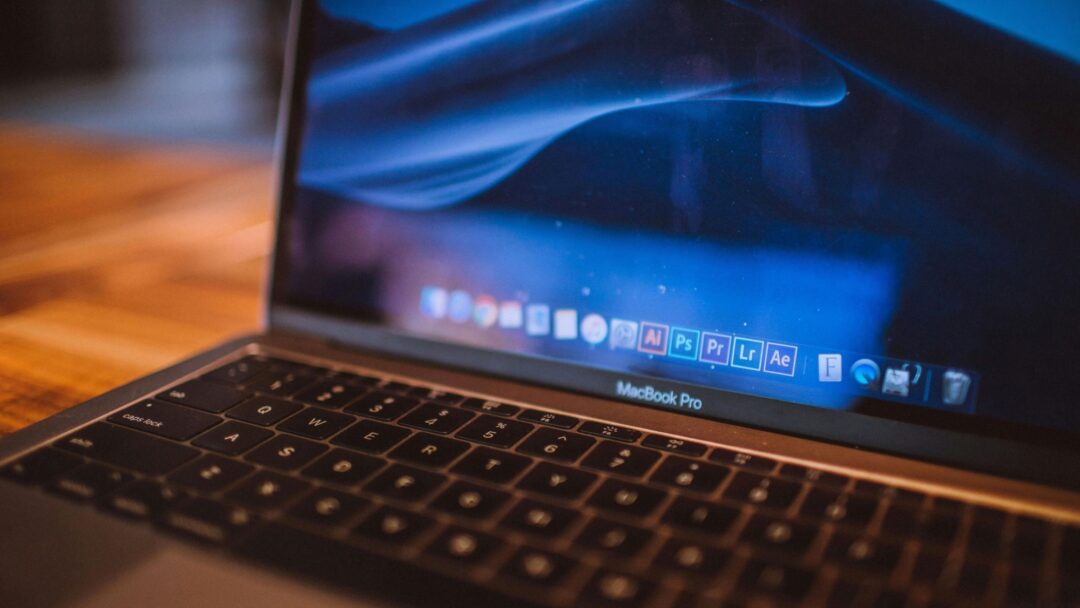
David Woodbridge, an expert in assistive technology for people with no or low vision, is a regular guest on Ablequest.
David Woodbridge
Ablequest by 2RPH
David Woodbridge
•14 mins
Audio

Pete Horsley is the Founder of Remarkable, a global start up and initiative of the Cerebral Palsy Alliance.
Pete Horsley - Remarkable Disability Tech Summit
Ablequest by 2RPH
Pete Horsley - Remarkable Disability Tech Summit
•14 mins
Audio